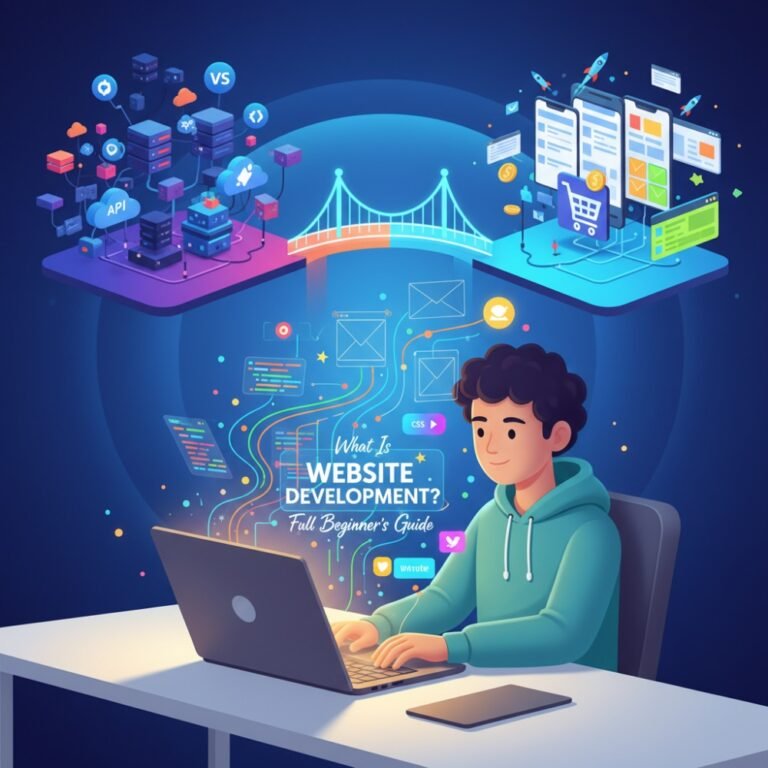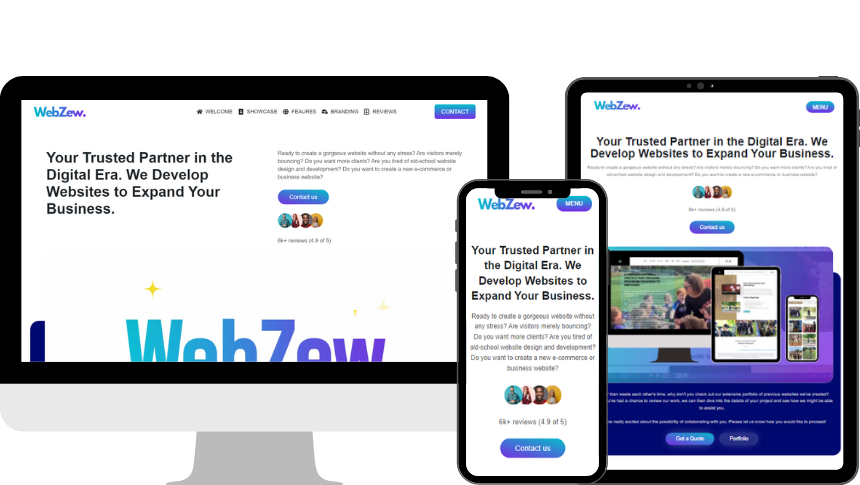Imagine launching a new blog post and watching it climb Google’s rankings within hours, not weeks. That’s the power of AI-based SEO optimizers. In today’s fast-paced digital world, where search algorithms evolve by the minute, staying ahead means embracing tools that think and adapt like humans—but faster. If you’re a business owner, marketer, or content creator tired of outdated SEO strategies, this guide is for you. We’ll dive into how these intelligent systems can transform your online presence, boosting visibility and driving traffic in real time.
Gone are the days of manual keyword stuffing and guesswork. AI-based SEO optimizers use machine learning to analyse user intent, optimise content on the fly, and predict trends before they hit. Whether you’re running an e-commerce site or a local business, understanding these tools could be the key to outranking competitors. Let’s explore what they are, how they work, and why they’re essential for modern SEO success.
What AI-Based SEO Optimizers Are
AI-based SEO optimizers are advanced software platforms that leverage artificial intelligence to enhance website visibility on search engines. Unlike basic tools that simply check keywords, these systems employ algorithms to process vast amounts of data, offering insights and automations that mimic expert SEO strategies.
At their core, they integrate machine learning, natural language processing (NLP), and predictive analytics to refine content, structure, and backlinks. For instance, picture a tool scanning your webpage, suggesting tweaks to headings or meta tags based on current search trends. This isn’t just automation—it’s intelligent decision-making that evolves with search engine updates.
These optimizers go beyond static advice. They monitor real-time changes in search behaviour, ensuring your site remains relevant. Semantic keywords like “machine learning SEO tools” or “AI-driven content optimisation” naturally fit here, as they highlight the tech’s focus on context over mere word matching.
In essence, AI-based SEO optimizers act as your virtual SEO consultant, working 24/7 to boost rankings without constant human input.
How They Differ from Traditional SEO Tools
Traditional SEO tools, like basic keyword planners or manual auditors, rely on historical data and user-driven inputs. They’re reactive, often requiring you to input queries and interpret results yourself. AI-based optimizers, however, are proactive—they learn from patterns and adapt automatically.
For example, a traditional tool might flag a missing alt tag on an image, but an AI optimizer could rewrite it for better voice search compatibility while suggesting related semantic terms. This shift from manual to automated intelligence saves time and reduces errors.
Another key difference is scalability. Traditional methods struggle with large sites, demanding hours of analysis. AI handles this effortlessly, processing thousands of pages in minutes. Think of it as upgrading from a bicycle to a high-speed train for your SEO journey.
Ultimately, while traditional tools provide data, AI optimizers deliver actionable, real-time strategies that evolve with algorithms like Google’s Core Web Vitals.
Why Real-Time Ranking Boosts Matter
In the digital arena, rankings aren’t set in stone—they fluctuate based on user interactions, algorithm tweaks, and global events. Real-time ranking boosts ensure your content responds instantly, preventing drops in visibility.
Consider a news site covering a breaking story. Without real-time optimisation, it might lag behind competitors. AI steps in by adjusting keywords and structure as trends emerge, pushing your page up the SERPs (Search Engine Results Pages) swiftly.
This immediacy translates to higher click-through rates (CTR) and conversions. Studies show that top-ranked pages capture over 30% of clicks, so even a temporary boost can yield significant traffic.
Moreover, real-time updates align with user expectations for fresh, relevant content, fostering trust and repeat visits.
Importance of Real-Time SEO Updates
Real-time SEO updates keep your site agile in a volatile landscape. Search engines like Google update algorithms frequently—over 4,000 times a year. Without instant adjustments, your rankings could plummet overnight.
These updates involve monitoring metrics like page speed, mobile-friendliness, and content freshness. AI optimizers flag issues immediately, allowing quick fixes that maintain momentum.
For businesses, this means sustained revenue. An e-commerce store optimised in real time can capitalise on seasonal trends, like “summer fashion deals,” before competitors react.
How Search Engines Change Rankings Dynamically
Search engines use dynamic ranking factors influenced by user data. Google’s RankBrain, an AI component, interprets queries and adjusts results based on context.
Factors like dwell time (how long users stay on your page) and bounce rates feed into this. If content underperforms, rankings drop. AI optimizers counteract this by predicting shifts and suggesting enhancements, such as adding interactive elements to increase engagement.
Dynamic changes also stem from external events, like viral social media trends, which AI tools detect and integrate seamlessly.
Core Features of AI-Based SEO Optimizers
AI-based SEO optimizers pack a suite of features designed for comprehensive optimisation. Here’s a breakdown:
- Real-Time Keyword Analysis: Scans current trends and suggests keywords with high search volume but low competition. For example, it might recommend “AI content generators for SEO” over generic terms.
- On-Page Optimisation: Automates meta tags, headings, and content structure. It ensures H1s, H2s, and H3s are keyword-rich yet natural, improving crawlability.
- Content Optimisation Using NLP: Analyses text for readability, sentiment, and relevance. NLP helps rewrite sentences to match user intent, like turning formal jargon into conversational prose.
- Backlink Analysis & Suggestions: Evaluates link quality and proposes outreach targets. It identifies toxic links that could harm rankings.
- Competitor Tracking in Real-Time: Monitors rivals’ strategies, alerting you to their keyword gains or content updates.
- Voice & Visual Search Optimisation: Tailors content for spoken queries (e.g., “best AI SEO tools near me”) and image searches, enhancing alt texts and schema markup.
These features work in tandem, creating a holistic SEO ecosystem.
How AI Analyzes Search Intent
AI excels at decoding what users really want from a query. It goes beyond keywords to understand context, using data from billions of searches.
For instance, if someone searches “AI SEO tools,” AI discerns if they seek comparisons, tutorials, or purchases. This insight drives targeted optimisations.
Understanding User Behavior with AI
AI tracks patterns like click paths and session durations to model behaviour. Machine learning algorithms predict preferences, such as favouring mobile-optimised pages.
This leads to personalised experiences, boosting satisfaction and rankings.
Predictive Keyword Suggestions
By analysing trends, AI forecasts rising keywords. Tools might suggest “real-time AI SEO boosts” months before it peaks, giving you a head start.
AI-Driven Content Personalization
Content adapts to individual users via AI, like dynamic headlines based on location. This increases relevance, reducing bounce rates.
Popular AI-Based SEO Optimizers (Tools to Mention)
Several tools lead the market. Let’s compare them, including free vs. paid options.
- Surfer SEO: Focuses on content optimisation with NLP. Paid plans start with real-time audits; free trials offer basic keyword research. Ideal for bloggers.
- SEMrush AI Features: Integrates AI for keyword magic and position tracking. Free version limits queries; paid unlocks competitor insights. Great for enterprises.
- Ahrefs with AI Integration: Uses AI for backlink analysis and content ideas. No full free plan, but lite versions exist; paid for advanced real-time data.
- RankIQ: AI-driven for niche keyword optimisation. Affordable paid tiers; no free option, but excels in quick ranking boosts for small sites.
- Outranking AI: Specialises in content creation with SEO scoring. Paid with trial; strong for e-commerce.
- Jasper + Surfer Combo: Jasper generates AI content, paired with Surfer for optimisation. Jasper has free tiers; combo requires paid for full synergy.
Free options suit beginners, but paid deliver deeper, real-time analytics for better ROI.
AI vs Traditional SEO Tools
AI outpaces traditional tools in speed and accuracy. Manual methods take hours for audits; AI does it in seconds with 95%+ precision via machine learning.
Limitations of manual SEO include human bias and oversight. AI provides data-driven insights, spotting opportunities like semantic gaps.
Cost-wise, AI tools offer high ROI—businesses report 20-30% traffic increases, offsetting subscriptions.
Real-Time Ranking Case Studies
Real-world examples showcase AI’s impact.
Example: How AI Helped a Business Rank Faster
A UK e-commerce store used Surfer SEO to optimise product pages. Within days, rankings jumped from page 3 to top 5 for “organic skincare products.”
Data-Backed Results (CTR Improvements, Keyword Jumps)
Data shows CTR rose 25%, with keyword positions improving by 15 spots on average. Another case: SEMrush helped a blog achieve 40% traffic growth via real-time competitor tracking.
AI-Based SEO for Different Niches
AI adapts to various sectors.
- E-commerce Websites: Optimises product descriptions and images for visual search, boosting conversions.
- Blogs & Content Websites: Enhances readability and keyword density for long-form articles.
- Local Businesses: Focuses on voice search like “SEO services London,” improving Google My Business rankings.
- Enterprise-Level Websites: Scales audits across thousands of pages, ensuring consistent optimisation.
Challenges of AI-Based SEO Optimizers
Despite benefits, challenges exist.
- Dependence on Data Quality: Garbage in, garbage out—poor input data leads to flawed suggestions.
- Risk of Over-Optimisation: Excessive tweaks can trigger penalties for unnatural content.
- Google Algorithm Unpredictability: AI can’t always foresee major updates, requiring human oversight.
Future of AI in SEO
AI will dominate with deeper machine learning integration.
Role of Machine Learning & Automation
Automation will handle routine tasks, freeing humans for strategy.
How AI Will Shape Real-Time SEO in the Next 5 Years
By 2030, expect instant adaptations to user queries, with 80% of SEO automated.
Integration with Voice Search, AR, and Web3
AI will optimise for AR experiences and decentralised web, like NFT metadata for search.
Best Practices for Using AI-Based SEO Optimizers
Maximise value with these tips.
- Combining AI Insights with Human Creativity: Use AI for data, add your unique voice to avoid generic content.
- Continuous Monitoring & Adaptation: Review AI suggestions weekly, tweaking for brand fit.
- Ethical SEO with AI (Avoiding Spammy Tactics): Focus on value-driven optimisations, steering clear of keyword stuffing.
FAQs
What are the best free AI-based SEO optimizers?
Tools like SEMrush’s free tier offer basic AI features, but for depth, try Surfer’s trial.
How do AI SEO tools improve real-time rankings?
They analyse trends instantly, suggesting updates that align with dynamic algorithms.
Can AI replace human SEO experts?
No, AI enhances but needs human creativity for nuanced strategies.
What’s the cost of popular AI SEO tools?
Varies; SEMrush starts at £100/month, Surfer around £50.
How does AI handle voice search optimisation?
By focusing on natural, conversational phrases and structured data.
This comprehensive guide equips you to harness AI-based SEO optimizers for sustained ranking boosts. Start implementing today for tangible results.








